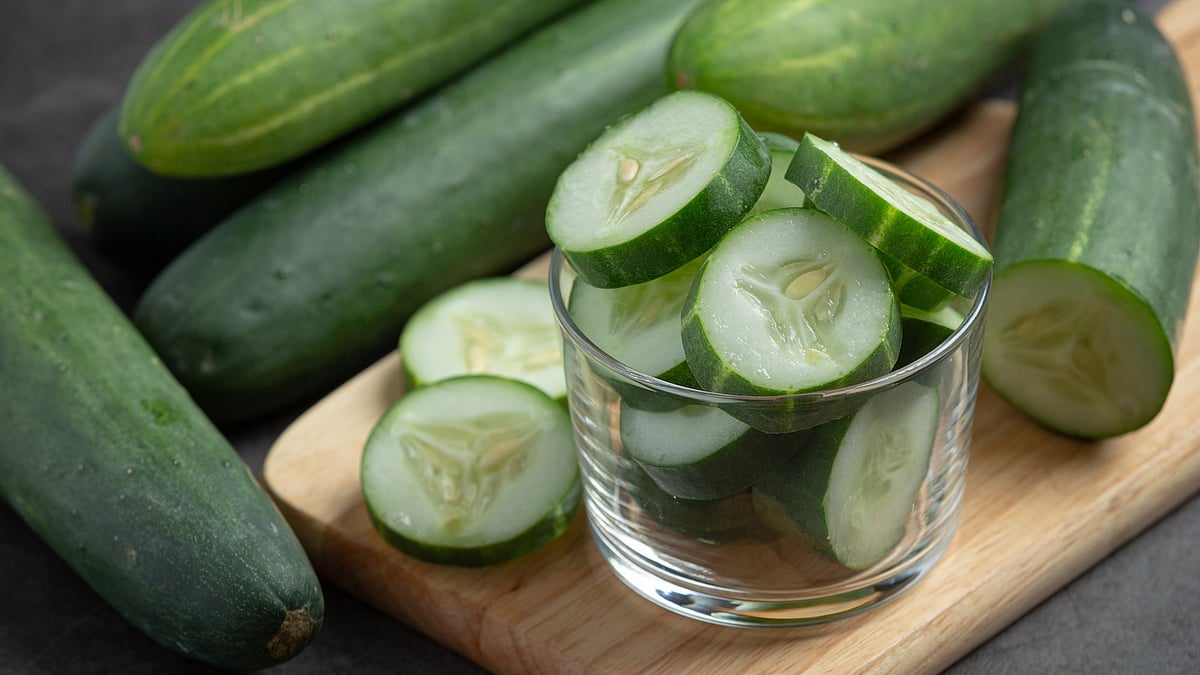Hydration is more than a physical necessity; it reflects the flow of the mind, fuelling creativity and sustaining homeostasis - our inner equilibrium. Like water's effortless movement, hydration nurtures clarity and facilitates the seamless exchange of ideas, emotions and thoughts. It brings about equanimity, allowing the mind to flow smoothly without turbulence, promoting balance and composure.
Hydration symbolises empathy, sympathy and compassion, flowing like kindness between individuals. A well-hydrated human being is content, fulfilled and peaceful in mind bringing emotional stability, nurturing connections with oneself and others. In this continuous flow, we find vitality, balance and the ability to navigate life’s complexities with grace and harmony.
Hydration is not just about quenching physical thirst but also maintaining the flow of energy and life force within the body.
In summer, focus on cooling and water-rich foods like cucumber and coconut water to balance pitta.
During winter, emphasise warm and nourishing foods to prevent vata from becoming aggravated.
Ayurveda recommends sipping warm water or herbal teas infused with ginger, fennel or cinnamon throughout the day, as this helps in cleansing and improving the absorption of nutrients. Staying hydrated is essential for maintaining energy levels.
Following are a few hydrating foods that will keep you energised throughout the day are:
Cucumber
Cucumber is known for its cooling and hydrating properties. It is primarily associated with pacifying the fiery pitta dosha, making it a perfect food during warm months or when feeling overheated. Composed of over 95% water, cucumber not only replenishes fluids but also provides essential electrolytes like potassium and magnesium.
It helps to soothe the digestive system and improve skin health by reducing heat-related toxins. Add cucumber slices to your salads or blend it with mint and a pinch of rock salt for a refreshing drink.
Tender coconut water
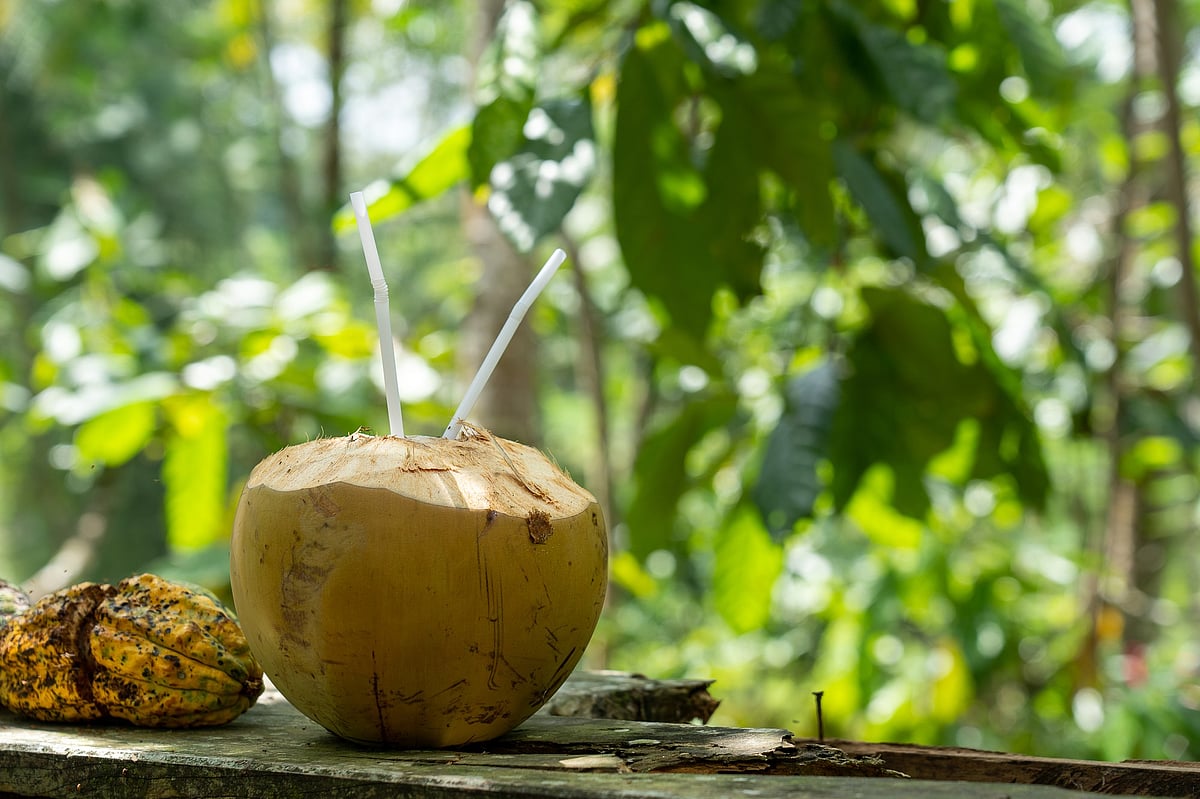
Tender coconut water is described as ‘amrita’ (nectar), owing to its high pranic value and hydrating properties. This natural drink is an excellent source of electrolytes like sodium and potassium, making it an instant energy booster.
Drink fresh tender coconut water on an empty stomach to maximize its benefits. Avoid consuming it during cold seasons or if you have a kapha imbalance, as it is naturally cooling.
Watermelon
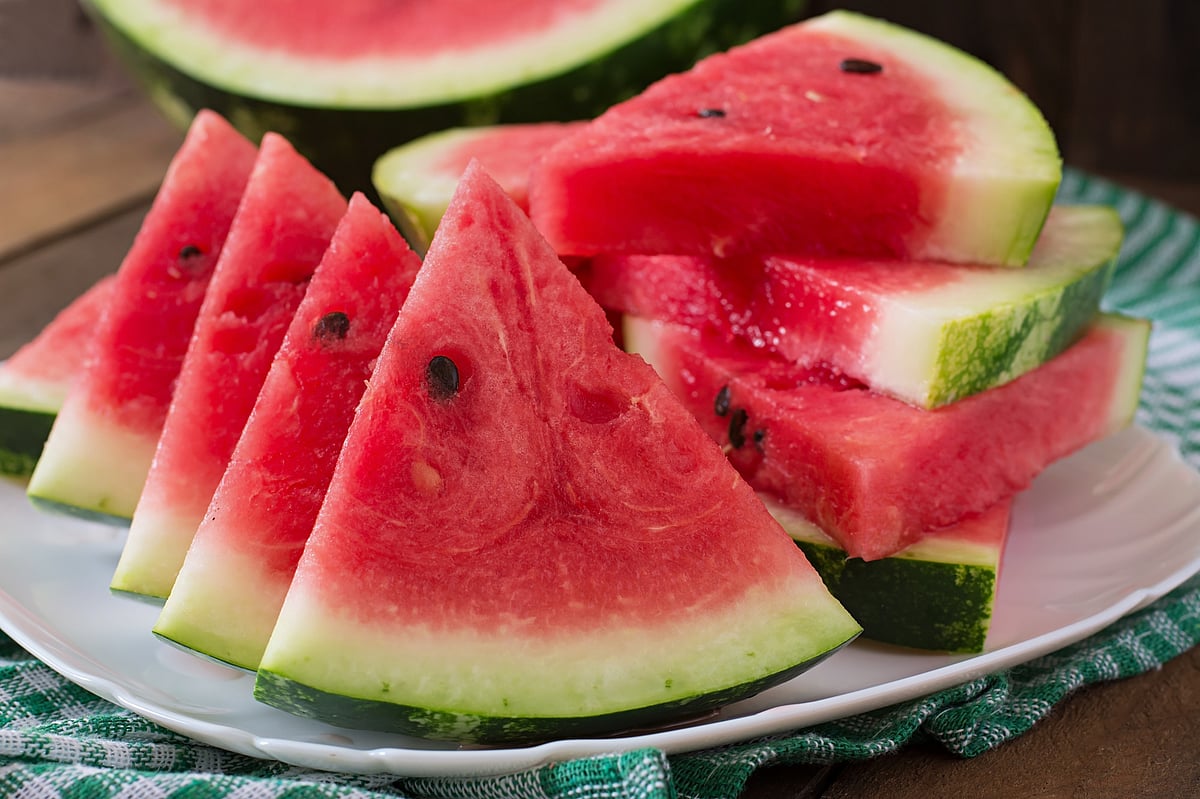
Watermelon is known for its high-water content and natural sweetness. Rich in vitamins A, C and antioxidants, it hydrates and cleanses the body while giving an energy boost. It can relieve dehydration and soothe heat-related ailments. It acts as a natural diuretic, flushing out toxins. Eat watermelon as a mid-morning snack.
Leafy greens
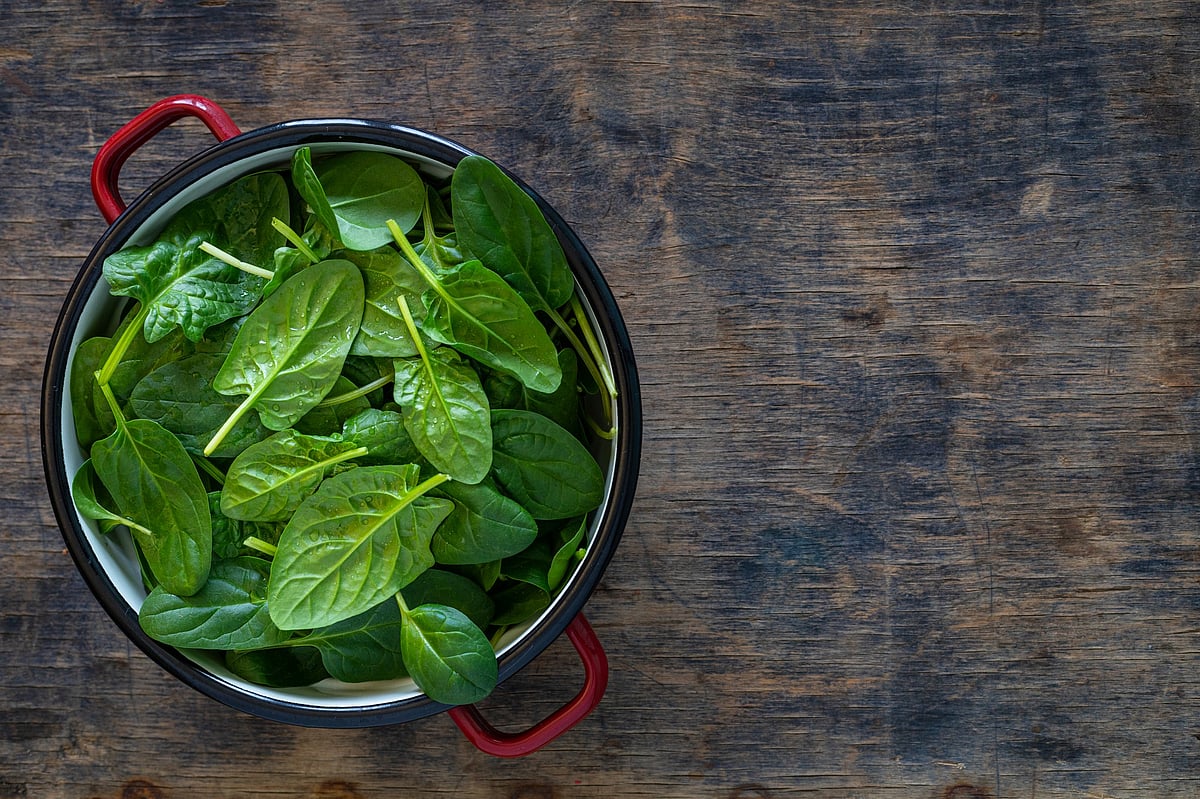
Leafy greens like spinach, amaranth and fenugreek (methi) are not only nutrient-dense but also contain significant water content. They are excellent for maintaining hydration while providing essential vitamins, minerals and fibre. Simply sauté greens lightly with spices like cumin and turmeric or add them to soups and smoothies.
Bottle gourd
Bottle gourd, or lauki, holds a special place for its hydrating and calming effects. Rich in water content, lauki is a great choice for replenishing lost fluids and maintaining energy. It can help to alleviate fatigue. Prepare lauki as a soup, juice or a sabji with spices like ginger and coriander. Drinking freshly made lauki juice on an empty stomach is particularly beneficial for hydration and cleansing.
Radish
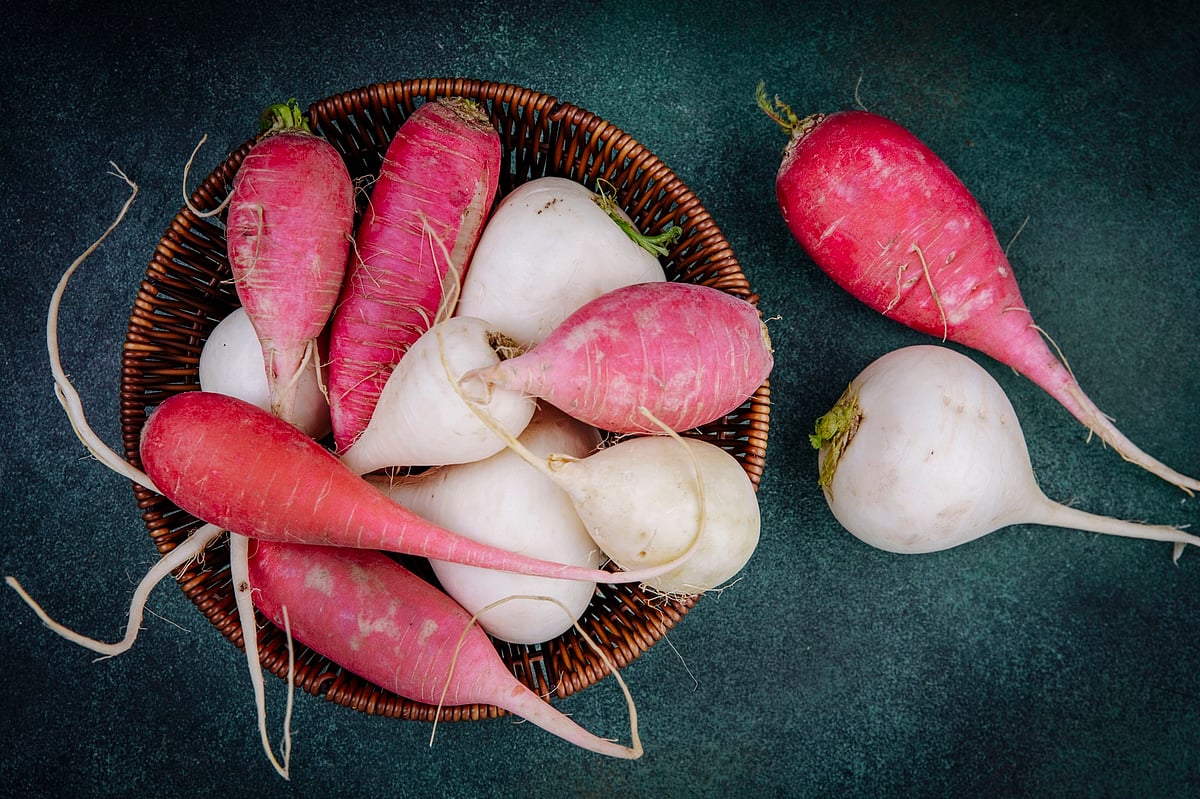
Radish, or mooli, is a winter vegetable with a high-water content making it a great choice for hydration in cold weather. Its pungent and cleansing properties help digestion and boosts metabolism, which can slow down in winter. Add raw grated radish to salads or cook it into soups and parathas.
Hydrating foods not only replenish fluids but also provide vital nutrients and energy to keep you active and balanced. It can help you stay refreshed and energized while nourishing your body at a deeper level.
